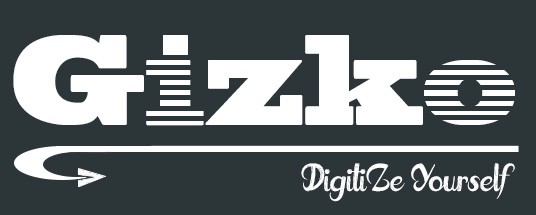 September
24
September
24
Tags
Is an intensive work day just a myth?
Some people prefer having a job where you can get paid for doing basically nothing, and others prefer to be busy busy busy all day long. Approaching this subject from different angles (as a former graduate student, teacher, policy recruit at a nonprofit, and on-the-ground saleswoman–there’s more too!), I know what I prefer:
That is, I actively choose to work hard and intensively for short periods of time, followed by blocks of fun and relaxation. And while I agree with Tim Ferriss that this is the ideal schedule, there are some places–or many, depending on your job and circumstances–where this is simply impossible to follow. But the question is: is that because you, the employee, are being lazy? or is it because your job requires you to sit and sit and sit some more to reach your daily eight hours?
Of course, if you’re an hourly worker, this conversation doesn’t apply. You work by hour. So, obviously, if you only work a couple hours in the most productive way possible, you’ll end up a couple bucks short of a full paycheck. And you might even find yourself out of a job. Or you’ll just be bored all day and waste time surfing on your phone (when your boss isn’t watching). I’ve been there, too. For me, there’s no worse fate than being stuck in a repetitive hourly job with no end in sight. As a salesperson, I had to reach my quota every day, but it didn’t matter if I reached it early or not. I still had to stay all day, and by company policy, if you missed too many hours (be it due to life in general or, say, a bad flu circulating around the office) you were fired. On the spot. Or by text message.
Yes, a text message. Which to this day still irritates the hell out of me.
But let’s say you’re a salaried employee. You come in every day for your comfy nine to five job, and let’s say you work in a team on several projects. Maybe you’re an authority figure, or maybe you’re not. The point is, your day might look like this:

Because, you know, you have little energy or motivation to do much more. After all, you’re stuck behind a desk for eight hours. Even if you finish your work early, you can’t go home. And if you do happen to finish so much, your boss will start to expect hard work all day every day.
It’s a vicious cycle that never ends.
So can you really have a productive, intensive work day and still manage to keep your brain intact? The answer is yes. After all, there is a difference between being busy and productive. In fact, John Trougakos of the University of Toronto argues that our brains have limited amounts of psychological energy, which itself is directly related to our stock of physical energy. The habit of taking scheduled breaks is highly correlated with higher levels of productivity. You can, of course, be busy doing things like Dilbert. Or, you can actually accomplish mini-steps that will directly impact your higher goals or objectives. One great way to do remind yourself of this habit is to employ the Pomodoro Technique: for every 25-min block of uninterrupted, focused worktime is rewarded with a 5-min coffee break. Then, for every 4 blocks of 25-min work periods, you get a longer break, ranging from 15-25 minutes. Try out these apps for a pomodoro timer: ClearFocus (Android), Pomodroido (Android), Pomodoro Timer (iOS, $1.99).
The beauty of this technique (and similar ones) is how it allows you to rest your tired eyes and absorb information. Your brain can only process so much information at a time, so taking frequent breaks helps you to break down your most recent experiences and information absorption. Basically that means, even if you worked (and I mean really, really worked) for eight hours straight, much of that informational experience and higher-level thinking would be impeded, thus decreasing your overall productivity. Which makes you worse for wear. Which means you shouldn’t really work so much.
Which is why you should work smarter, not longer, right?
And while you’re on break, go and play a little. Life’s short. Have some fun, and justify it with your superhuman boost in productivity.


Pingback: 10 Smart Ways to Make Money Online | Gizko